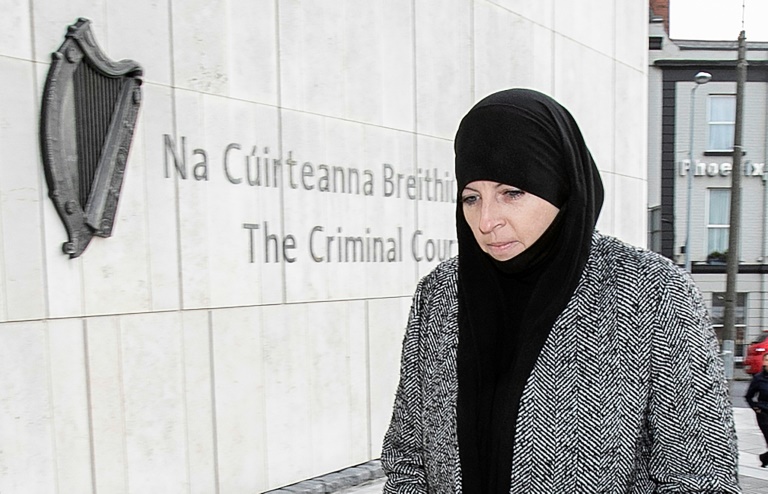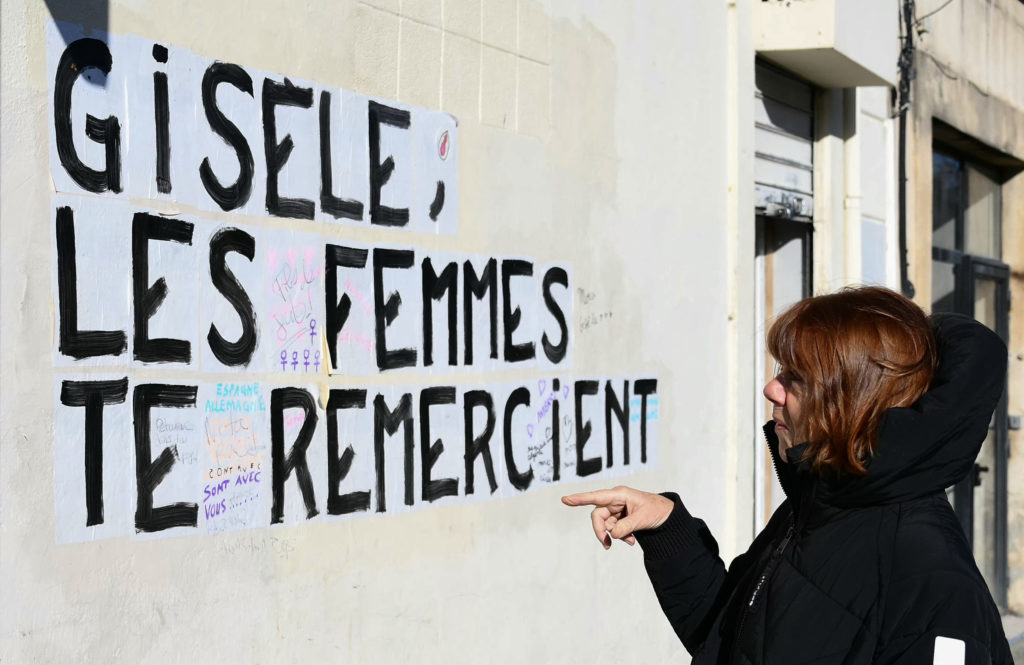Lawyers for a former Irish soldier accused of being a member of the so-called Islamic State jihadist group on Wednesday criticised Facebook for breaching users’ privacy.
Lisa Smith, 40, from Dundalk, on Ireland’s east coast, has pleaded not guilty to membership of an unlawful terrorist group between October 28, 2015 and December 1, 2019.
She has also denied funding terrorism by sending 800 euros ($900) to aid medical treatment for a Syrian man in Turkey.
At the Special Criminal Court in Dublin, her lawyer, Michael O’Higgins, objected to the use of Facebook messages that the prosecution is relying on.
And he told a panel of three judges hearing the case that the social networking giant was involved in a “wholesale breach” of privacy rights.
The prosecution has sought to submit as evidence messages Smith sent using Facebook to known Islamist terrorists in Australia dating back to 2012.
“The idea that private conversations can be produced 10 years later and decanted into a court case is a very, very significant incursion on people’s right to communicate with each other,” O’Higgins said.
“My client has the constitutional right to discuss her political and religious beliefs without someone storing every utterance and storing it so it might be used years later.”
The prosecution has told the court that Smith was a member of the Irish Defence Forces from 2001 to 2011 but left after converting to Islam.
Lawyers allege she joined IS and moved to territory it controlled in October 2015, living in Raqqa, the capital of the militants’ self-styled caliphate, and married a UK national involved with the group’s armed patrols.
She returned to the Irish capital in 2019 after the fall of the extremists’ last remaining stronghold and was arrested on arrival with her young daughter at Dublin airport on December 1.
The court has been told the Irish authorities initially received some of the Facebook messages from the United States, following investigations into John Georgelas, a US Muslim convert who is presumed to have died while fighting in Syria.
O’Higgins argued that the US court that first allowed FBI access to Facebook’s records had not considered Smith’s rights, adding that the subsequent handover of private, sensitive data from the FBI to Irish police is not allowed under Ireland’s Data Protection Act.











